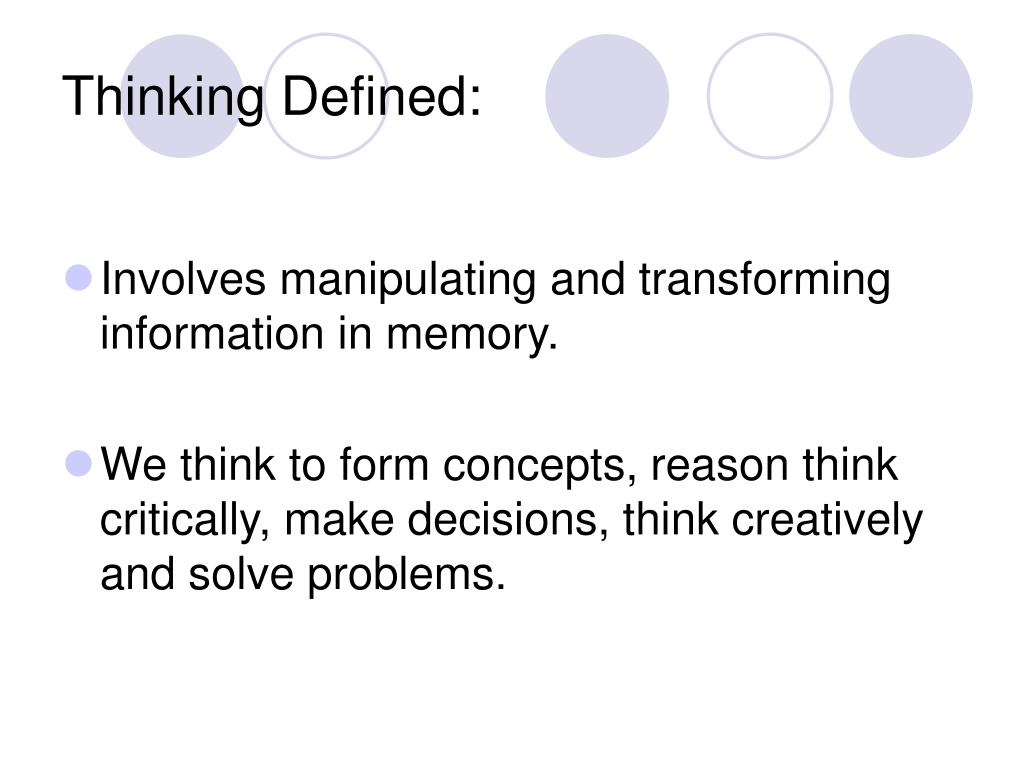

- COMPLEX COGNITIVE PROCESSES HOW TO
- COMPLEX COGNITIVE PROCESSES SERIES
- COMPLEX COGNITIVE PROCESSES TV
Conversations may be more cognitively engaging and rewarding if you can do each of these things. For instance, a conversation may require you to think about what you're saying, remember information about the conversation, perceive the other person's words and use attention to remain focused on the conversation. Humans communicate through the use of every unconscious and conscious cognitive process.
COMPLEX COGNITIVE PROCESSES HOW TO
Related: Cognitive Skills: What They Are and How to Improve Them Communication For example, reading, writing, listening, verbally communicating and thinking about a language can help you learn one much faster than any of those processes alone. Combining multiple processes can allow you to learn more quickly and retain more information. You can learn through many cognitive processes, such as memory, thought and perception. Here are some common uses of different cognitive processes: Learning For example, extensive vocabulary is a cognitive process enabled by crystallized intelligence. As we get older, fluid intelligence decreases and crystallized intelligence increases.

Fluid intelligence is the ability to learn new knowledge quickly and crystallized intelligence is the ability to recall and use learned knowledge. People can learn languages much more easily earlier in life through fluid intelligence. Related: 6 Simple Ways To Improve Your Memory Language For example, you may remember your birthday without thinking about it, but memorizing someone else's birthday may take some mental effort. Forming, storing and recalling memories allow humans to display much of their intelligence and are critical components of cognition. You automatically store information that you perceive in your short-term memory, and much of that information eventually becomes long-term memory. For instance, the smell of a particular flower may remind you of a specific person and bring back a pleasant memory.

Perceptions are a cognitive process because we often consciously and unconsciously interpret information gained through our perceptions, forming thoughts, opinions and emotional reactions. Human perception occurs through the five senses: sight, taste, smell, sound and touch. Decision-making, problem-solving and deductive and inductive reasoning are all examples of thoughts. Humans can produce complex thoughts using our "inner voice," expressing thoughts using verbalized language that exists only within our brains. Thoughts are any cognitive process that occurs within your conscious mind, but you do not say out loud or express through any physical manifestation.
COMPLEX COGNITIVE PROCESSES TV
It is also possible to focus your attention unconsciously while performing some activities, such as watching your favorite TV show or listening to music. For example, to stay focused on a flying bird, you may consciously watch the bird with your eyes, tracking and predicting its movements. Here are some common types of cognitive processes that humans often display: Attentionįocusing on stimuli in your environment often requires conscious effort. Conscious interpretation of your five senses, procedural knowledge and emotional reactions are all examples of cognition. Neurons release chemicals that create electrical signals in nearby neurons, building a mass of signals that are then translated into conscious and unconscious thoughts.
COMPLEX COGNITIVE PROCESSES SERIES
What are cognitive processes?Ĭognitive processes are a series of chemical and electrical signals that occur in the brain that allow you to comprehend your environment and gain knowledge. In this article, we discuss the definition of cognitive processes, list the processes and their uses and examples. Learning about cognitive processes can help expose their ever-present nature throughout every moment of our lives. In reality, cognitive processes allow us to create cultures, societies, friends and occupations, many important aspects of human life. Thinking, feeling and imagining are all processes that some people may take for granted, as we can only see the world through our own eyes.


 0 kommentar(er)
0 kommentar(er)
